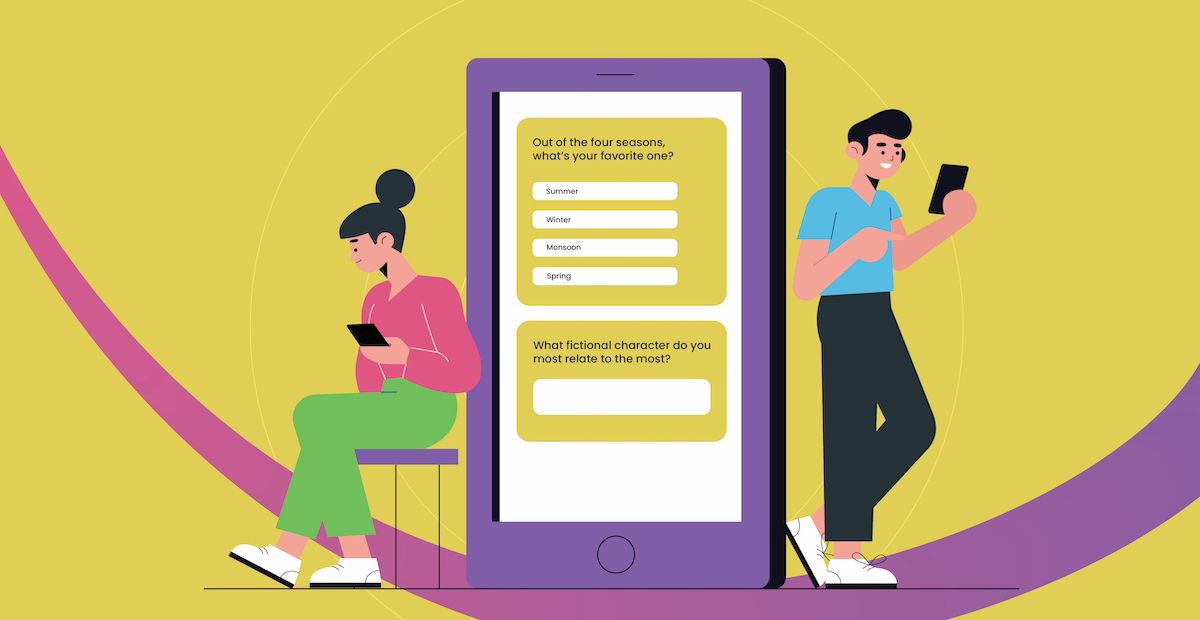The event planning business is at the moment one of the fastest growing industries – It is anticipated to grow to $1,552.9 billion by 2028. With the growing popularity of this field, it’s no wonder that interest in it has risen as well.
There are many paths to becoming a successful event planner and no rules are set in stone, so which one you choose largely depends on your personal preferences and educational background.
From tourism to business management, a wide variety of professional profiles can lead to a successful career in event planning. However, in order to truly be an authority in event management – discipline, focus, and dedication are going to be required.
1. Hone Your Event Managment Skills
Whichever type of event planning you decide to specialize in, there are some essential skills you’re going to have to master in order to have a successful career.
Exemplary organizational and coordination skills are going to be a must, along with communication and logistical know-how.
Working as an event manager means being able to juggle and balance between two seemingly contradictory skills, the ability to plan ahead is vital otherwise you may be caught in the chaos. On the other hand, there are times when things don’t always go according to plan so the versatility of being able to improvise without a plan can come in handy. If you lack the latter two, you can always compensate by making a contingency plan, just in case.
Education in the field of business or hotel management, tourism, communications, and public relations will help you achieve the credibility so essential in the industry. To hone your skills to perfection, consider taking a useful online MBA course, attending seminars, or getting a mentor.
2. Choose Your Style And Event Type
Choosing what kind of career planner you want to be is going to determine what kind of work-life balance you establish, how much you earn, and what events you are going to specialize in. While you can always focus on another field once you’ve mastered one, being a jack of all trades is generally not advised.
Specific types of events have their own unique challenges and demands and learning how to anticipate and overcome them is what is going to make you a professional in whichever field you decide to join.
Here are the event planning fields you can focus on:
MEEC (Meetings, Expositions, Events, and Conventions) consists of business-focused tourism, hospitality, and corporate events, so catering to the needs of your clients at the highest possible level is going to be a must.
SMERF (Social, Military, Educational, Religious, and Fraternal markets) might just be the right career path for you if you have a knack for organizing social events such as parties, weddings, anniversaries, family reunions, and recreation and sports events.
Your choice is also going to dictate what opportunities are yours for the taking.
Do you aim to start your own event planning enterprise?
Or work as a freelancer
Or an in-house event planner?
From corporate to social to non-profit organizations, an expert event planner is crucial in making the related events run smoothly, and developing a reputation of being dependable, well-organized, and punctual is going to be an asset in any one of these fields.
3. Network, Network, Network
In the event planning business, staying updated just when it comes to your skills is not enough. Networking at live events can be a wonderful way to get plugged into new developments in your profession. It’ll give you the resources you need to connect with potential clients and keep up to date on changing trends. Don't forget to create and carry a digital contact card !
As your career progresses, you’ll likely find yourself at many different types of live events – whether it’s an educational conference or a networking mixer.
But attending events in person is not the only way to grow your network, hybrid platforms can give you the same benefits, without having to leave the comfort of your home.
4. Build A Strong Portfolio
Finally, no matter what field you are specialized in or how well connected you are, hands-on experience is what truly makes a professional. Whether you’re just starting out or are looking to improve your already formidable skillset, a portfolio providing an overview of your past successes is going to be more convincing than any sales pitch.
Your portfolio is proof to your clients that you were able to handle challenging events in the past and reassurance that you will be able to do so with their events as well.
Don’t have any experience?
Try landing an entry-level job at an event planning organization or organizing some events for your friends. Besides essential experience, this will also likely be a pathway to providing you with positive reviews which you can use to skyrocket your reputation.





